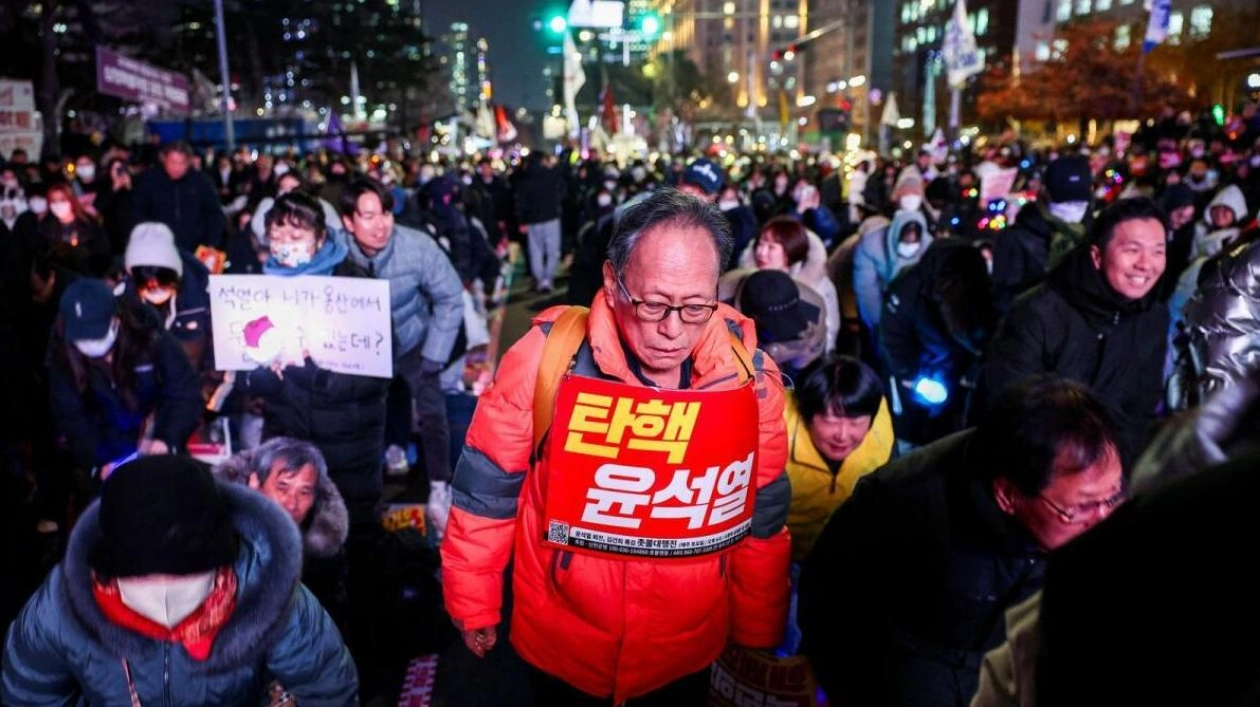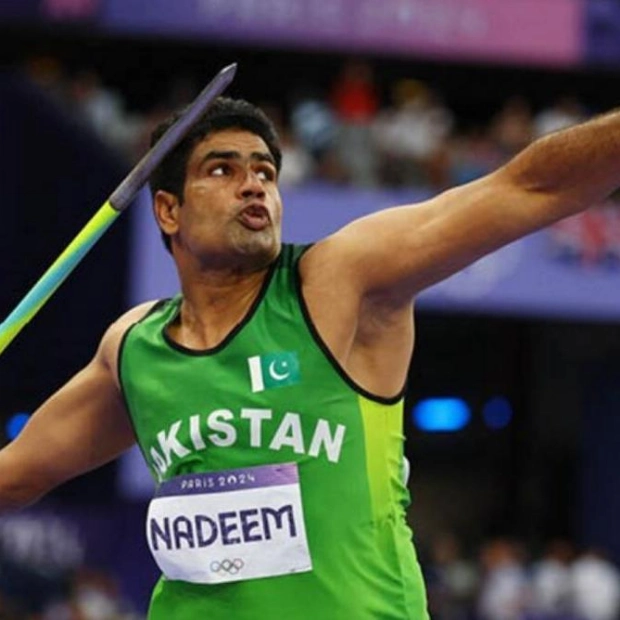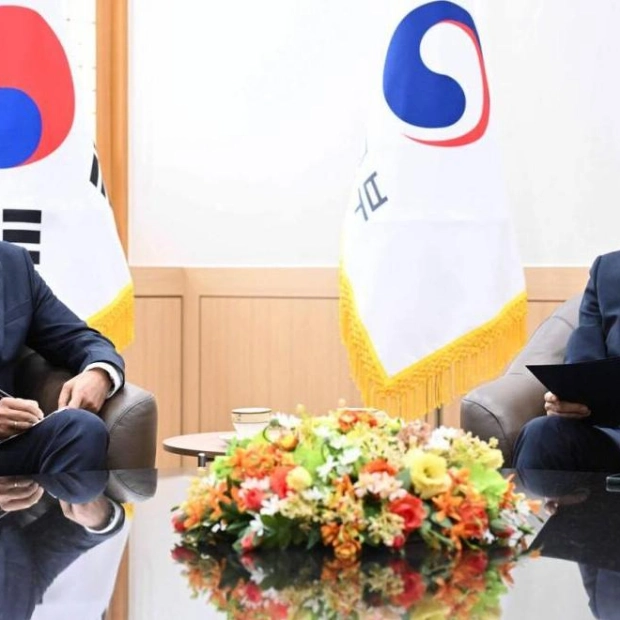A protester held a sign reading 'Impeach Yoon Suk Yeol' during a rally outside the National Assembly in Seoul on Tuesday, calling for the impeachment of South Korean President Yoon Suk Yeol. Yoon had declared martial law, which was later reversed hours after the declaration.
South Korean President Yoon Suk Yeol ordered the 'dragging out' of lawmakers from parliament after declaring martial law on December 3, according to an army commander. This move came amid concerns of a power vacuum, with Yoon's office stating it had 'no official position' on who was running the country. Yoon is now under criminal investigation for insurrection charges. Although he has apologized for the failed martial law attempt, he has not heeded growing calls for his resignation, including from some within his own party.
On Saturday, Yoon said he was entrusting his legal and political fate to his ruling People Power Party (PPP). The party announced on Tuesday that it was considering Yoon's resignation as early as February, with a snap election planned for April or May. Yoon's unexpected martial law declaration shocked the nation, plunging South Korea, Asia's fourth-largest economy and a key U.S. ally, into a constitutional crisis. This has sent ripples through diplomatic and economic spheres.
When asked by Reuters who was running South Korea, Yoon's office stated it had 'no official position to offer' but referred to past statements by the foreign and defence ministries. The defence ministry confirmed Yoon was still commander in chief, while the foreign ministry stated that state affairs, including foreign affairs, were being conducted under constitutional and legal processes.
Kwak Jong-geun, commander of the Army Special Warfare Command, revealed that he received multiple calls from Yoon during the night following the martial law declaration. Yoon ordered Kwak to 'break the door down' and remove lawmakers from the parliament chamber. However, Kwak decided not to carry out the order. Yoon rescinded the martial law declaration six hours later after parliament voted to revoke it.
The special forces commander's testimony contradicted earlier statements by military officers, who claimed the defence minister at the time, Kim Yong-hyun, had given the order to remove lawmakers. Kim has since resigned and been arrested. Yoon is currently banned from leaving the country and faces a second impeachment vote scheduled for Saturday.
Lee Yang-soo, chair of a PPP task force, proposed that Yoon resign in February or March, with an election to follow two months later. South Korea's constitution mandates an election within 60 days of a president's departure. The PPP has not yet reached a partywide conclusion and plans to discuss the proposal with all members of parliament. The main opposition Democratic Party criticized the announcement, calling it unconstitutional and demanding Yoon's impeachment or resignation.
There is growing dissent within the ruling party, with only two of the 108 PPP lawmakers supporting the impeachment motion last week. The bill requires two-thirds support from the 300-seat assembly to pass. On Tuesday, Kim Sang-wook became the third PPP lawmaker to declare support for the motion, while another member, Bae Hyun-jin, vowed to join the vote on Saturday.
In a rare show of bipartisan support, parliament passed a motion to appoint a special counsel to investigate the martial law case. Yoon, his former defence minister Kim, former interior minister Lee Sang-min, and several military and police officials face charges of insurrection and abuse of power. A Seoul court began a hearing for a formal detention warrant for Kim, who was arrested on Sunday.
Police have requested 11 cabinet ministers, who attended a late-night meeting convened by Yoon before the martial law declaration, to appear for questioning. The Yonhap news agency reported that the ministers are expected to comply with the request.
Source link: https://www.khaleejtimes.com






